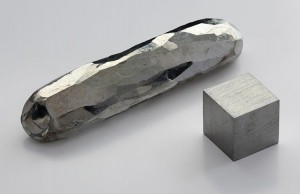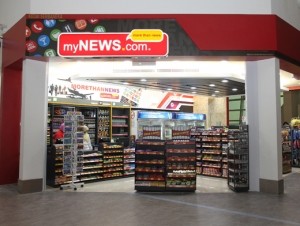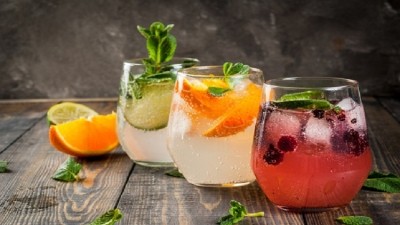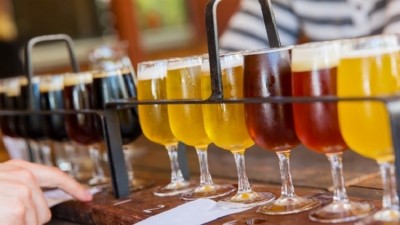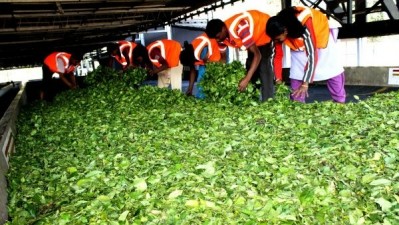Dateline Southeast Asia
Asahi leaves difficult Indonesian soft drinks market to focus on alcohol business
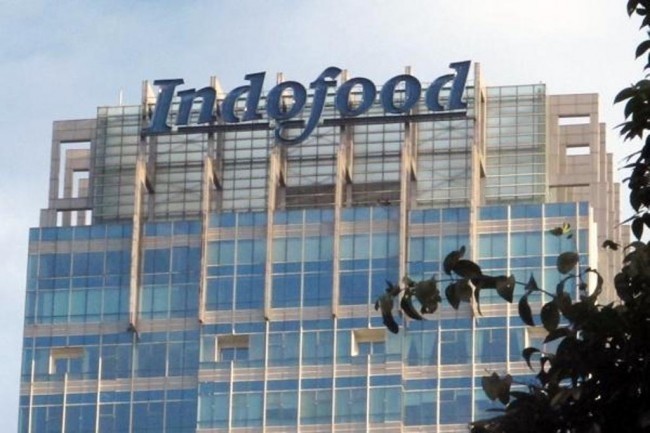
The Japanese drinks giant said it will sell its 51% stake in a manufacturing business and 49% in a distribution company, both under the purview of the beverage JV, which was established in 2012.
Though the companies have yet to negotiate terms for the sale, it should net Asahi in the region of US$185m, based on current value estimates.
Though it still operates a milk drink firm in Indonesia, Asahi will now concentrate on its core business of alcoholic beverages. It also sold its 20% stake in a soft-drinks JV with Chinese noodle manufacturer Tingyi for US$614m in June.
This change of focus has been prompted by its acquisition of a number of European beer brands from Anheuser-Busch InBev last year.
The Japanese major will not be sorry to see the back of Indonesia’s difficult food and beverage market, despite the well-publicised lure of a sizeable and fast-growing middle class there.
Tight competition, slowing spending and an undeveloped retail landscape have each posed challenges for foreign companies looking to do business in Southeast Asia’s biggest economy.
Asahi’s JV with Indofood has produced bottled tea and coffee, acquired a bottled water business and operates as the local Pepsi bottler, though it has still struggled to make profits. Last year it reported an operating loss of IDR336bn (US$24.9m).
Yet Indofood remains bullish even though Asahi’s departure from the JV raises concerns over the local company’s desire to diversify from its traditional instant noodle business—itself a segment that is facing its own challenges, as wealthier consumers move towards healthier and more premium snacks.
It said in a stock exchange filing that it "believes that business prospects of non-alcoholic beverages in Indonesia will remain promising in the future, in line with the growth of the middle-class and the rising income per capita”.
It is yet to be seen whether the Jakarta business will seek another JV, or it it will pursue its beverage ambitions alone.
More from Southeast Asia...
Thais urged not to panic over lead and cadmium levels in chocolate
Thai consumers have been told not to panic after media reported high levels of cadmium and lead in popular confectionery.
The Food and Drug Administration (FDA) said the quantities identified in 18 chocolate brands tested by a consumer association were within safe limits.
The Foundation of Consumers, which conducted the tests, had itself made clear that the levels of lead, at 0.03-0.05ppm, were demonstrably lower than health ministry guidelines set at 1-2ppm, depending on the type of chocolate.
Though Thailand doesn’t yet publish limits for safe cadmium levels, FDA secretary-general Wanchai Satthayawutthipong said the range identified of 0.03-0.14ppm by the consumer investigation was below the safe limit of 0.5ppm in Australia.
He said traces of lead and cadmium in chocolate could have come from cultivation and the environment.
The Foundation for Consumers had tested random samples from 10 dark chocolate brands and nine other chocolate varieties last month, finding that all but one contained traces of the elements.
Among the manufacturers of the tested products were global brands Ferrero Rocher, Lotte and Nestlé.
Accumulation of lead or cadmium in the body can harm long-term health, especially among pregnant women and their unborn babies as they will affect brain development and neurological systems of the unborn babies.
Though Monrudee Po-in, a nutrition expert of the foundation, said both cadmium and lead could not be eliminated by heat, the results have caused a level of concern among consumers, leading to the FDA’s intervention.
Malaysian C-store chain enlists Japanese knowhow for food expansion
The owner of Malaysia’s Mynews.com chain of convenience stores has tied up with two Japanese companies to expand its range of ready-to-eat meals.
Bison Consolidated signed two joint ventures with Gourmet Kineya and Ryoyu Baking for a combined investment of US$8.5m, each for a 51% stake.
Dang Tai Luk, Bison's founder and chief executive, said Japan is seen as the home of convenience store catering.
"Here comes the real Japanese quality meals produced by Japanese experts," he trumpeted, adding that an expanded menu would help in his ambitions to surpass competitors 7Eleven and FamilyMart for business.
Bison will now construct with its partners a 12,000 square-metre food processing centre next to an existing warehouse on the outskirts of Kuala Lumpur. When complete in the first quarter of 2019, it will be equipped with Japanese technology, and serve up to 600 stores on full capacity.
"We bring with us 50 years of know-how in the food business," said Atsushi Mukumoto, president of Gourmet Kineya.
"Overseas expansion is one way to prove our existence over the next 100 years.”
